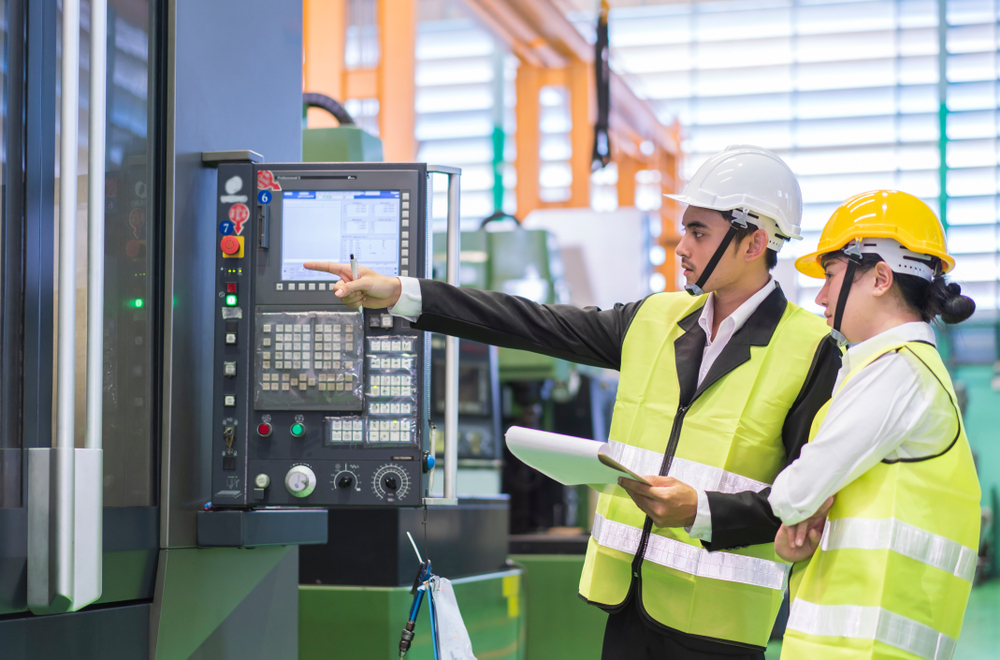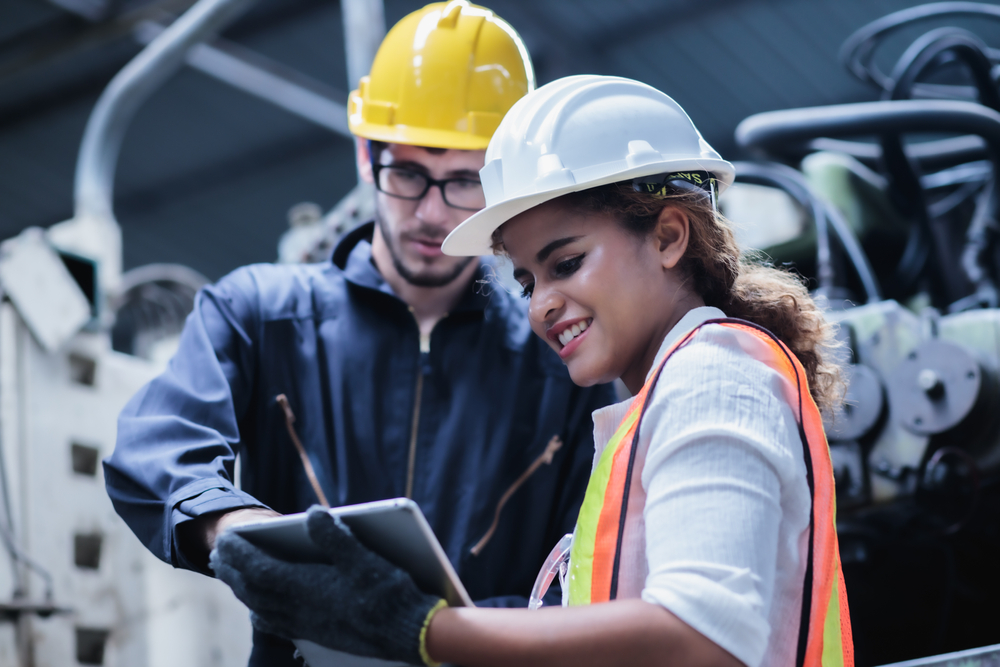

This course is fundamental to the comprehension of codes of the ASME Boiler & Pressure Vessel Code and B31 Pressure Piping Codes. It’s basic concepts can aid in addressing issues regarding the boiler and pressure vessels, and piping systems fabrication, design and inspection standards, assuring their proper use and reliability within the industrial scope.
| City | Start Date | End Date | Fees | Register | Enquire | Download |
|---|---|---|---|---|---|---|
| Casablanca | 23-06-2025 | 27-06-2025 | 4950 $ | Register | Enquire | |
| Jakarta | 30-06-2025 | 04-07-2025 | 4950 $ | Register | Enquire | |
| Vienna | 07-07-2025 | 11-07-2025 | 6200 $ | Register | Enquire | |
| Cairo | 14-07-2025 | 18-07-2025 | 3950 $ | Register | Enquire | |
| Amman | 21-07-2025 | 25-07-2025 | 3950 $ | Register | Enquire | |
| Rome | 28-07-2025 | 01-08-2025 | 6200 $ | Register | Enquire | |
| Cairo | 04-08-2025 | 08-08-2025 | 3950 $ | Register | Enquire | |
| Kuala Lumpur | 11-08-2025 | 15-08-2025 | 4950 $ | Register | Enquire | |
| Madrid | 25-08-2025 | 29-08-2025 | 6200 $ | Register | Enquire | |
| Vienna | 01-09-2025 | 05-09-2025 | 6200 $ | Register | Enquire | |
| Casablanca | 08-09-2025 | 12-09-2025 | 4950 $ | Register | Enquire | |
| Madrid | 15-09-2025 | 19-09-2025 | 6200 $ | Register | Enquire | |
| London | 22-09-2025 | 26-09-2025 | 6200 $ | Register | Enquire | |
| Dubai | 29-09-2025 | 03-10-2025 | 4300 $ | Register | Enquire | |
| London | 06-10-2025 | 10-10-2025 | 6200 $ | Register | Enquire | |
| Amsterdam | 20-10-2025 | 24-10-2025 | 6200 $ | Register | Enquire | |
| Kuala Lumpur | 27-10-2025 | 31-10-2025 | 4950 $ | Register | Enquire | |
| Madrid | 03-11-2025 | 07-11-2025 | 6200 $ | Register | Enquire | |
| Vienna | 10-11-2025 | 14-11-2025 | 6200 $ | Register | Enquire | |
| Dubai | 17-11-2025 | 21-11-2025 | 4300 $ | Register | Enquire | |
| Istanbul | 24-11-2025 | 28-11-2025 | 4950 $ | Register | Enquire | |
| Dubai | 01-12-2025 | 05-12-2025 | 4300 $ | Register | Enquire | |
| Istanbul | 08-12-2025 | 12-12-2025 | 4950 $ | Register | Enquire | |
| Casablanca | 15-12-2025 | 19-12-2025 | 4950 $ | Register | Enquire | |
| Paris | 29-12-2025 | 02-01-2026 | 6200 $ | Register | Enquire |
Equipment such as boilers, pressure vessels, heat exchangers, and pressure piping is crucial across industries like hydrocarbons, chemicals, power plants, and pharmaceuticals. These components are designed to safely manage heat and hazardous liquids, making adherence to relevant laws, codes, and standards essential.
This course on the ASME Boiler and Pressure Vessel Code (BPVC) and the B31 Piping Code provides comprehensive coverage on material selection, stress analysis, fabrication, testing, inspection, and operation, along with a solid understanding of related codes and standards. Education methods generally reflect adherence to these standards.
Standards dictate appropriate practices and reference codes, enforced by jurisdictional bodies. Non-compliance can lead to serious safety issues, penalties, and even imprisonment. The International Boiler and Pressure Vessel Code (BPVC) and the B31 Piping Codes outline safety rules for designing, installing, and testing pressure systems. These codes are regularly updated to incorporate advancements in design, materials, and industry practices.
Participants in the ASME Boiler and Pressure Vessel Code (BPVC) and B31 Piping Code course will:
Unit 1: Introduction to Pressure Equipment and Piping and Associated Codes/Standards
Unit 2: ASME Boiler and Pressure Vessel Code – Service Sections
Unit 3: ASME BPV Code – Design and Construction According to Section VIII Div 1
Unit 4: ASME B31 Code for Pressure Piping – Part 1
Unit 5: ASME B31 Code for Pressure Piping – Piping Design as per B31.3



















